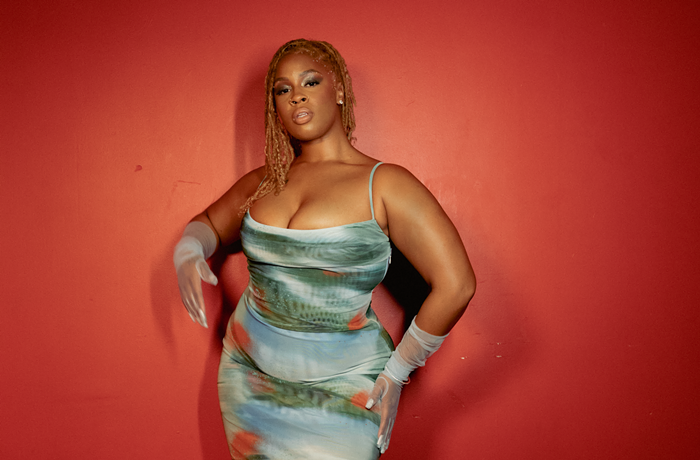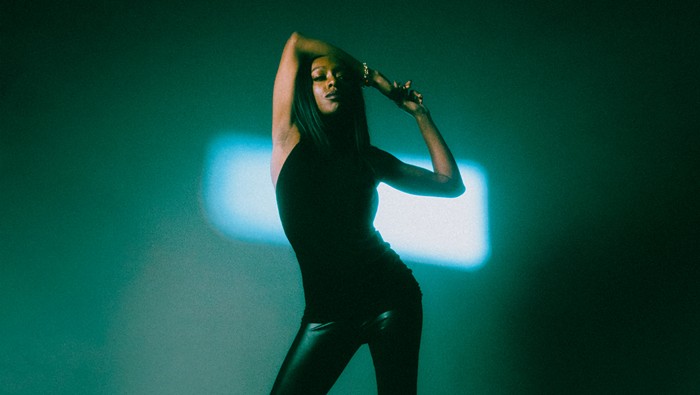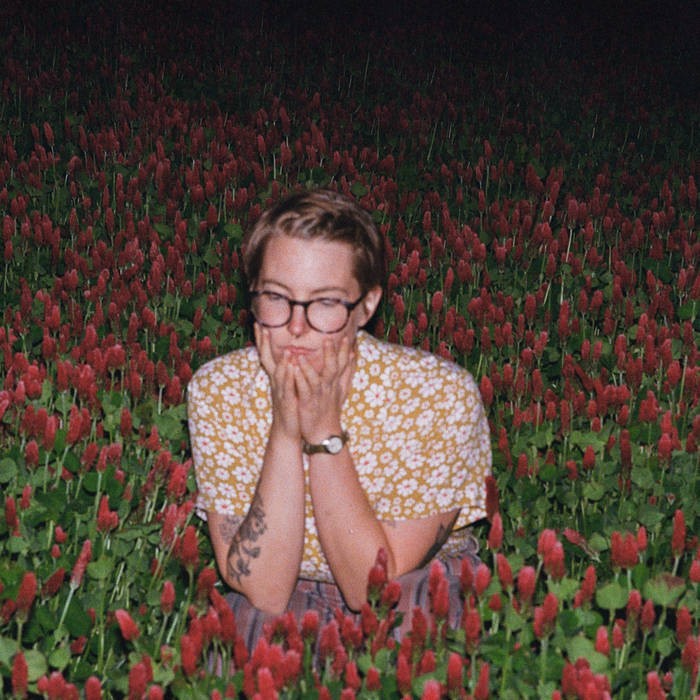When the teenaged members of White Fang—the smiling faced, Kool-Aid-addled, and youthful cartoon-warrior heart of Portland punk—collapsed on the floor of the Artistery last Saturday night, October 4, in a heaving heap of shakers, fuzz pedals, day-glo apparel, and tom-toms, it marked the beloved all-ages venue's seventh anniversary. When I later asked the band's singer, Erik Gage, how many shows they had played at the Artistery, he replied, "We've played lots. The Artistery is our home. Easily the most important venue in town."
I count 12 White Fang appearances over two and a half years, but what Gage had to say is more important: The Artistery is the most important venue in town—a stable all-ages bastion of independent art in parent-friendly Southeast Portland offering the atmosphere of a house show with the PA and legitimacy of a sanctioned performance space. You could ask for no better proof of the Artistery's unique local significance than the fact that an underaged band like White Fang could effectively grow up there and develop to the point that they are now fielding calls from people like Thurston Moore and Billboard reporters inquiring about their self-released cassettes.
Given that it is where they met Marriage Records founders Curtis Knapp and Adrian Orange back in 2006, the label that just released their new album Pure Evil (which was recorded at the Artistery by main Artisterian Aaron Shepherd), and that they honed the chaos of their antic live shows as the venue's unofficial house band, it is fair to say that White Fang would not be in the position they are without the Artistery. And they would not have that relationship were the Artistery not above board, open to people of all ages, and financially viable without show-related income.
Let me explain: House shows, though wonderful and born of populist sentiment, are in some backward way exclusive parties, in that one has to be plugged into the right social network to know that they are happening. The Artistery, on the other hand, is a sanctioned show space and can advertise without fear of being shut down, while still holding onto a DIY ethos and offering a welcoming environment with complimentary hot tea and cozy furniture. Hailing from the David Douglas School District, out beyond 82nd Avenue—Portland's cultural Berlin Wall—it is hard to imagine that Gage and his bandmates would have been able to integrate themselves quite so fully into a creative community based solely around central Portland's cliquey house shows.
Obviously, were the Artistery not all-ages, White Fang band members would not have been able to attend shows there. But if it did serve alcohol—as most all-ages venues must do to stay in business—the kids in White Fang would likely have been sequestered to the opposite side of a booze-moat from Knapp and Orange, thereby nipping in the bud any chance of what has bloomed into a fertile artistic collaboration and mentorship.
The key, then, to the uncompromisingly inclusive atmosphere and longevity of the Artistery is its unusual business model. Upstairs from the basement performance space are seven art studio spaces whose rent effectively subsidizes the venue, and whose renters double as the volunteer staff at shows. Thanks to this situation, and the rotating cast of community-minded artists who make it possible, the Artistery is under virtually no pressure to make money off of shows. The result is that there is no need for a bar, there's cheap admission to the shows, and the Artistery has a peculiarly non-commercial, musician-friendly environment in which an idiosyncratic young band like White Fang can cut its teeth.



















